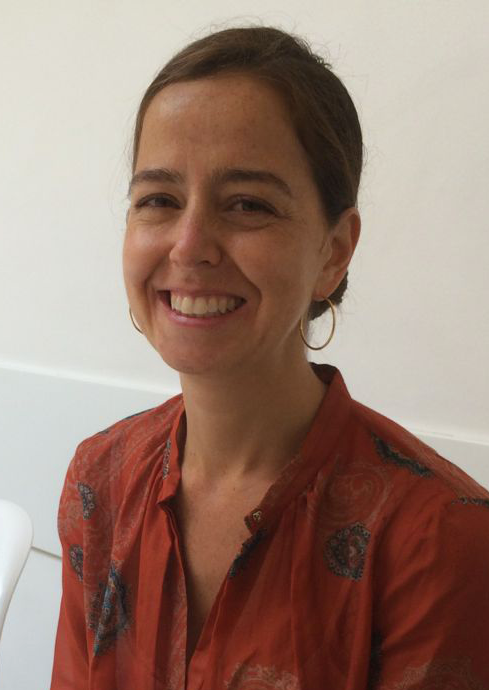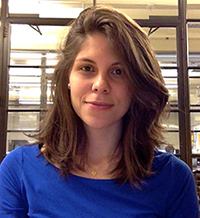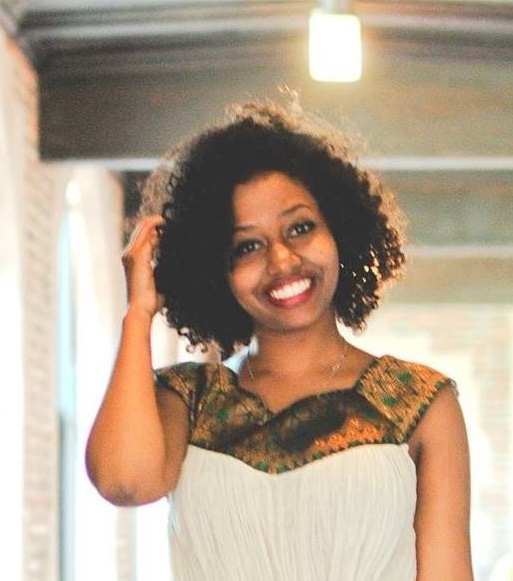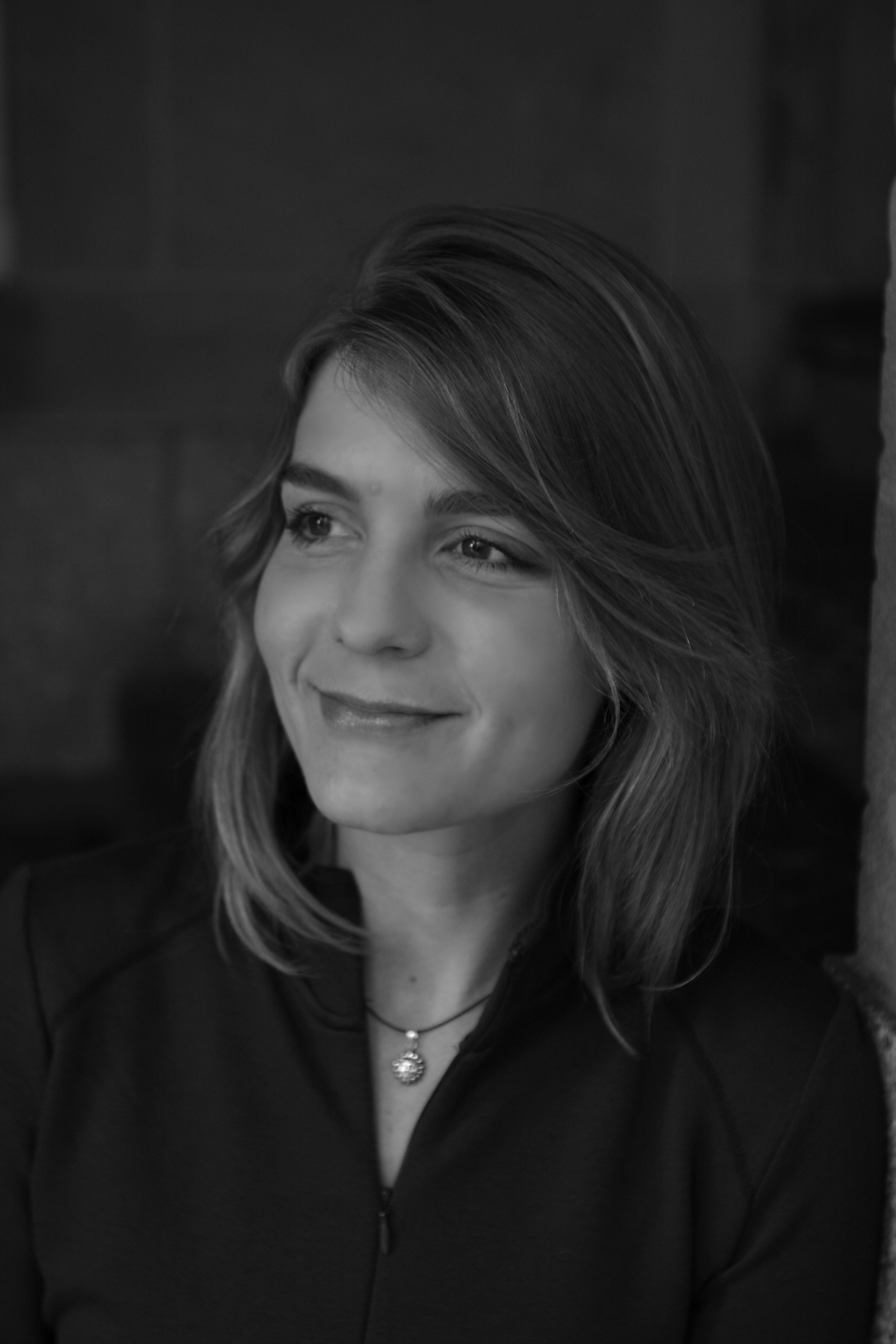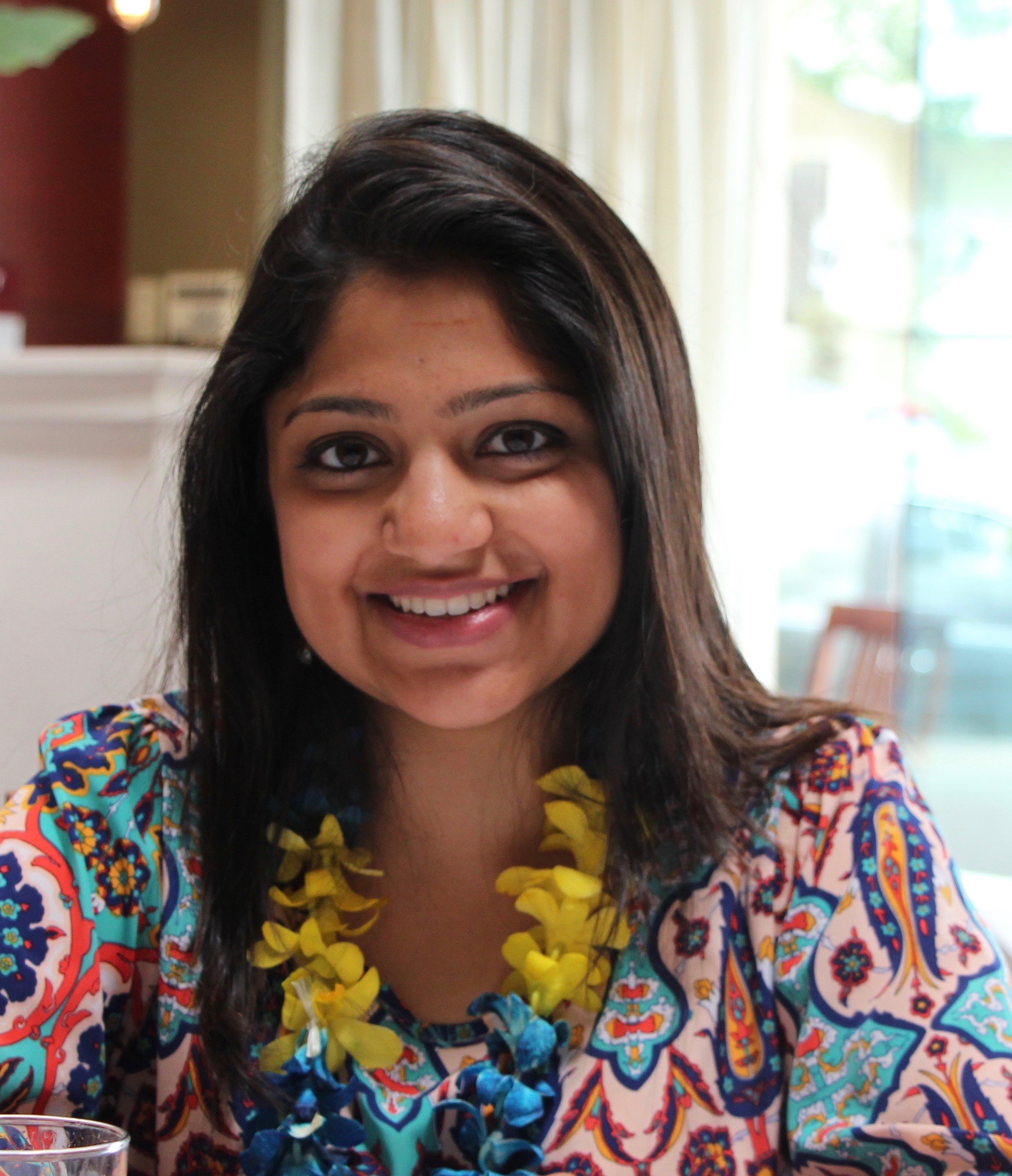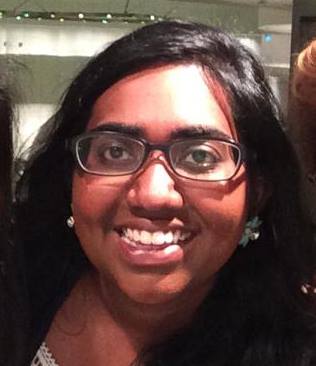Master in City Planning Theses
Sydney Brooks Beasley, Master in City Planning and Master of Science in Technology and Policy 2018 (co-advisor Chintan Vaishnav), MIT
Implementing Water and Sanitation Infrastructure in Rural India: The Role of NGOs
Talia M. Fox, Master in City Planning 2018, MIT
Co-opting Sustainabilities: The Transformative Politics of Labor and Extended Producer Responsibility under Brazil’s National Solid Waste Policy
Fitsum Gelaye, Master in City Planning 2018, MIT
Converging Intensions, Diverging Realities: Rights vs Growth-based Approaches to Safe Sanitation Provision in Addis Ababa
Haleemah N. Qureshi, Master in City Planning 2018, MIT
Binding Civil and Civic Infrastructure: The Need for Transparency and Accountability in Baltimore’s Water Crisis
Taskina Tareen, Master in City Planning 2018 (co-advisor Marie Law Adams), MIT
Restructuring the Apartheid City: Fostering Inclusive Urban approaches in Cape Town’s TOD Framework
Nicholas Allen, Master in City Planning 2017, MIT
Terra ex Machina: Land-Building and the Breach of Property Regimes
Jose Antonio Mendoza Garcia, Master in City Planning 2017, MIT
Do place-based interventions displace crime in cities? An evaluation of multiple approaches in Chihuahua, Mexico
Billy Ndengeyingoma, Master in City Planning 2017, MIT
The Balance of Local Culture and Global Economic Development: the Case of the Nyarugenge Heritage Village in Kigali, Rwanda
Valeria Vidal, Master in City Planning 2017, MIT
Reevaluating The Evaluation of Climate Adaptation Finance for Atoll Islands
Anisha Anantapadmanabhan, Master in City Planning 2016, MIT
Paying for Municipal Stormwater Services: A Case Study on Drivers of Stormwater User Fees in Three Massachusetts Communities
Isadora Araujo Cruxên, Master in City Planning 2016, MIT
Fluid Dynamics: Politics and Social Struggle in São Paulo's Water Crisis (2014-2015)
Jenna Harvey, Master in City Planning 2016, MIT
Deepening Democratic Capacity Through Collective Inquiry: Community-Led Research at Palma's Lab
Alison Coffey, Master in City Planning 2015, MIT
Negotiating Neighborhood Priorities: The Politics of Risk & Development in Medellín’s Comuna 8
Callida Cenizal, Master in City Planning 2015, MIT
Governing the metropolis: The evolution of cooperative metropolitan governance in Mexico City’s public transportation
George Beane, Master in City Planning 2014 & Master of Science in Architecture Studies 2015, MIT
Hydro-Social Infrastructures: New Models for Water-Sensitive Urban Development in Mexico City
Hector Flores-Ramirez, Master in City Planning 2015, MIT
Notes Towards a Place-Based Approach for the Development of Southern Mexico
Kate Mytty, Master in City Planning 2015, MIT
The Role of Actors and Incentives in Municipal Solid Waste Management: a Case Study on Muzaffarnagar, India
Yael Borofsky, Master in City Planning 2015 & Science, Technology and Policy 2015, MIT
Towards a Transdisciplinary Approach to Rural Electrification Planning for Universal Access in India
Sarah Dimson, Master in City Planning 2014, MIT
A Planning Paradigm for Electrification in Sub-Saharan Africa: A Case Study of Tanzania
Laura Martin, Master in City Planning 2014, MIT
Culture, Cooperation and Planning for Development in Maputo, Mozambique
Lillian Steponaitis, Master in City Planning 2014, MIT
Too Legit to Quit: Exploring Concepts of Legitimacy and Power in Scaling-Up Community Development Work (Brazil)
Anna Gross, Master in City Planning 2013, MIT
Stree Mukti Sanghatana: Exploring the Work of an Indian NGO through Gender, Economy, and Civil Society
